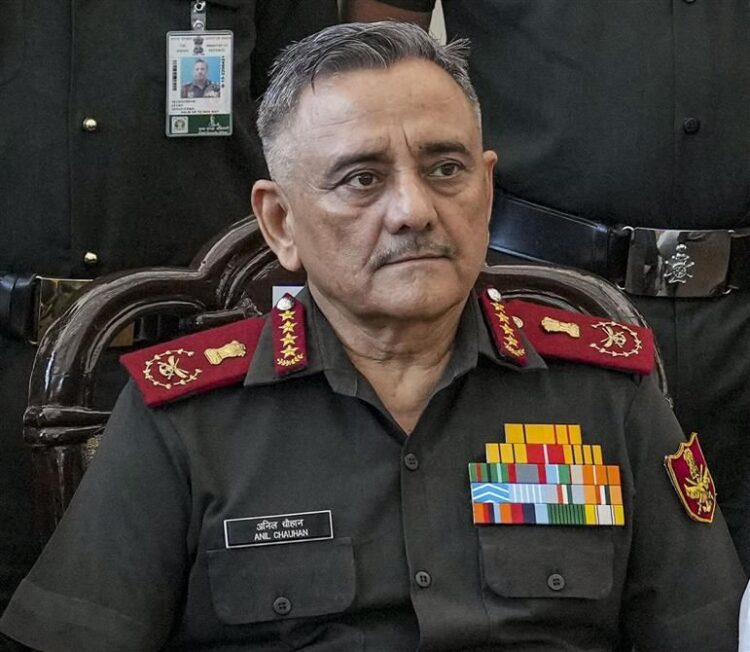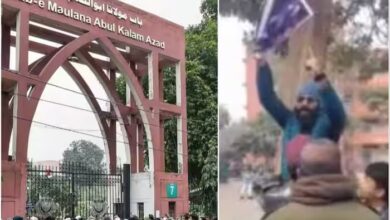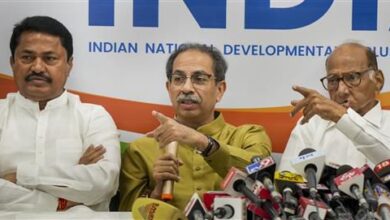Considering cooperative efforts while maintaining the distinctiveness of each service: Gen Anil Chauhan, CDS
The creation of a “joint operational culture” for the armed forces has been emphasized by Chief of Defense Staff Gen. Anil Chauhan, who has also emphasized the need to respect the distinctiveness of each service and its role in times of conflict.

He was giving a speech today in New Delhi at the first tri-services conference on “brainstorming for change.”
The comparatively smaller Indian Air Force and the Navy have voiced internal concerns that the new organization that is being envisaged as theater commands, or joint commands, would overshadow their operational philosophies. All three forces would collaborate under a single military commander in a combined and integrated operational organization. According to the CDS, approaching conventional notions from scratch was necessary. “It is imperative to integrate the capabilities of each service by establishing structures that boost efficiency, improve war-fighting capability, and facilitate interoperability,” he said.
The purpose of the tri-services conference was to foster innovation and creativity in order to provide novel concepts, projects, and changes that would advance military unity and integration.
The Defence Ministry subsequently said in a statement that “jointness and integration” are the “cornerstones” of the transition to joint structures that the armed services are moving toward in order to be “future ready.”
Along with commandants of the National Defence Academy, Defence Services Staff College, College of Defence Management, and Military Institute of Technology, heads of the Armed Forces Special Operations Division, Defence Space Agency, Defence Cyber Agency, and Defence Communication Agency also attended the conference. Heads of the Andaman and Nicobar Command and Strategic Forces Command also attended.
Attending the conversation were officers from all three services, representing a variety of service experiences, and they provided suggestions for starting the next generation of reforms pertaining to modernization, procurement, training, adaptability, and cooperation while embracing new and emerging technology.







